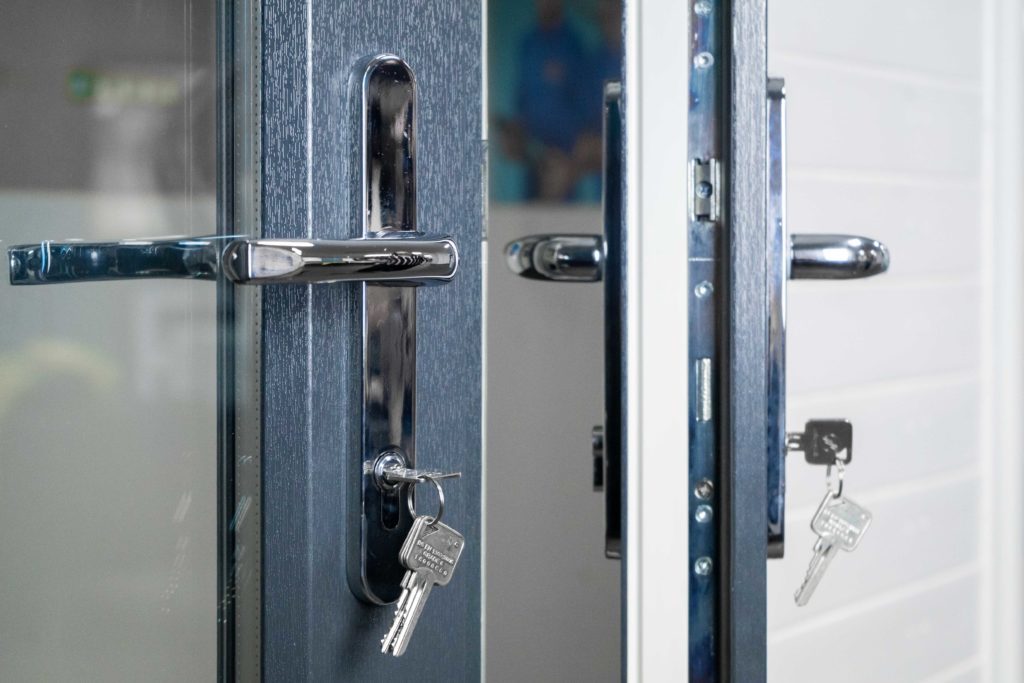
Standards and regulations are important. They make sure your vehicle is safe on the road, ensure tools work effectively and help keep doors and windows secure for years to come. However, ensuring everything you do is compliant with the relevant standards can be difficult. Here, Nick Cowley, MD of PVCu windows and doors manufacturer Euramax, explains more about fenestration industry standards
STANDARDS and regulations are a fundamental part of our daily lives. They provide organisations, employees and the general public with an understanding of what is acceptable and can help facilitate everything from introducing new technologies to ensuring that components supplied from different manufacturers are mutually compatible worldwide.

In the world of fenestration, however, regulations and standards play an important role in improving energy efficiency, protecting homeowners both during and after installation, as well as providing contractors and installers with safety expectations.
Installer regulations
In April 2002, the UK Government authorised the creation of the Fenestration Self-Assessment Scheme (FENSA), which monitors building regulation compliance and aims to improve window and door replacement standards across the UK.
The FENSA certificate is vital when selling a home. It offers homeowners proof that the window and door installation is compliant with industry standards, is energy efficient and registered with the local council. In fact, since it was founded, over 13 million certificates have been issued, meaning that 50% of all UK homes are covered by FENSA standards.
However, this also means that 50% are not, but this doesn’t mean safety goes out the metaphorical window. Homeowners can apply for approval from the relevant building control body, which will check the replacement windows and doors and issue a compliance certificate.
British Standards
Windows and doors can be subject to different standards depending on their characteristics and the materials they’re made of. For instance, BS EN 12608:2003 provides the standards for PVCu windows and doors, while BS 8529:210 specifies the standards for composite doors.
Furthermore, the hardware used on fenestration, from levers and handles to locking assemblies, is subject to relevant British Standards. Therefore, selecting a supplier that can provide products to these industry requirements is vital for specifiers, contractors and installers alike.
The British Standards Institution (BSI), appointed by the UK Government as the National Standards Body, is responsible for improving the quality and safety of products using the British Standards. Manufacturers and service providers that meet these standards can receive a BSI Kitemark, which provides an easily recognisable indication of quality and safety standards.
BSI claims that ‘an independent survey of 1,000 UK adults in March 2015 showed that almost two-thirds of consumers believe the Kitemark is an indication of quality and associate it with products that are tried and tested’. Working with leading suppliers, such as Euramax, which manufacture windows and doors to BSI Kitemark standards means that everyone from fabrication site product specifiers right through to new homeowners can be assured the products are fully compliant.
Energy conservation
However, it is not just safety that is regulated across the fenestration industry through standards and regulations. With the UK Government looking to reduce greenhouse emissions by 80% by 2050, and over 40% of carbon emissions stemming from homes or non-domestic buildings, a building’s energy efficiency must be improved from top to bottom.
Despite new dwellings being optimised for energy efficiency, whether it’s by using triple glazing, cavity wall and loft insulation or even solar power, the need for adequate ventilation for properties is paramount.
As a result, the Non-Domestic Building Services Compliance Guide, which provides compliance standards for the installation of building services in new and existing non-domestic buildings, was amended to provide improved standards across ventilation (Part F) and conservation of fuel and power (Part L). As a result, many PVCu windows now include an enhanced trickle ventilation system that allows fresh air to circulate, even when the window is closed, meaning that even the most efficient products still provide fresh air year-round.
Founded in 1997, the British Fenestration Rating Council (BFRC) is the UK’s leading rating council for verifying energy performance of windows and doors. The grading system provides assurance that the product in question has been independently verified by building physics experts and offers installers and homeowners the evidence to select the best product for their needs.
The BFRC ratings calculate a score that considers the size of the product, building occupancy and climate conditions. Products with an energy rating of zero or higher are energy positive and are accredited with A to A++ ratings, depending on the final score. When selecting a supplier that you can trust to provide energy efficient products, it is vital to look into the BFRC rating of the products they supply. Further regulations are also in effect regarding the use of safety glazing in glazed doors, the resistance from fire and ensuring a means of escape, which is particularly important for building extensions or existing dwelling renovations.
Building strong relationships with reliable suppliers will always provide you, and your customer, with the reassurance, efficiency and safety everyone desires. So, whether you’re a specifier, independent contractor or home renovator, choose a supplier that knows their standards inside out.








